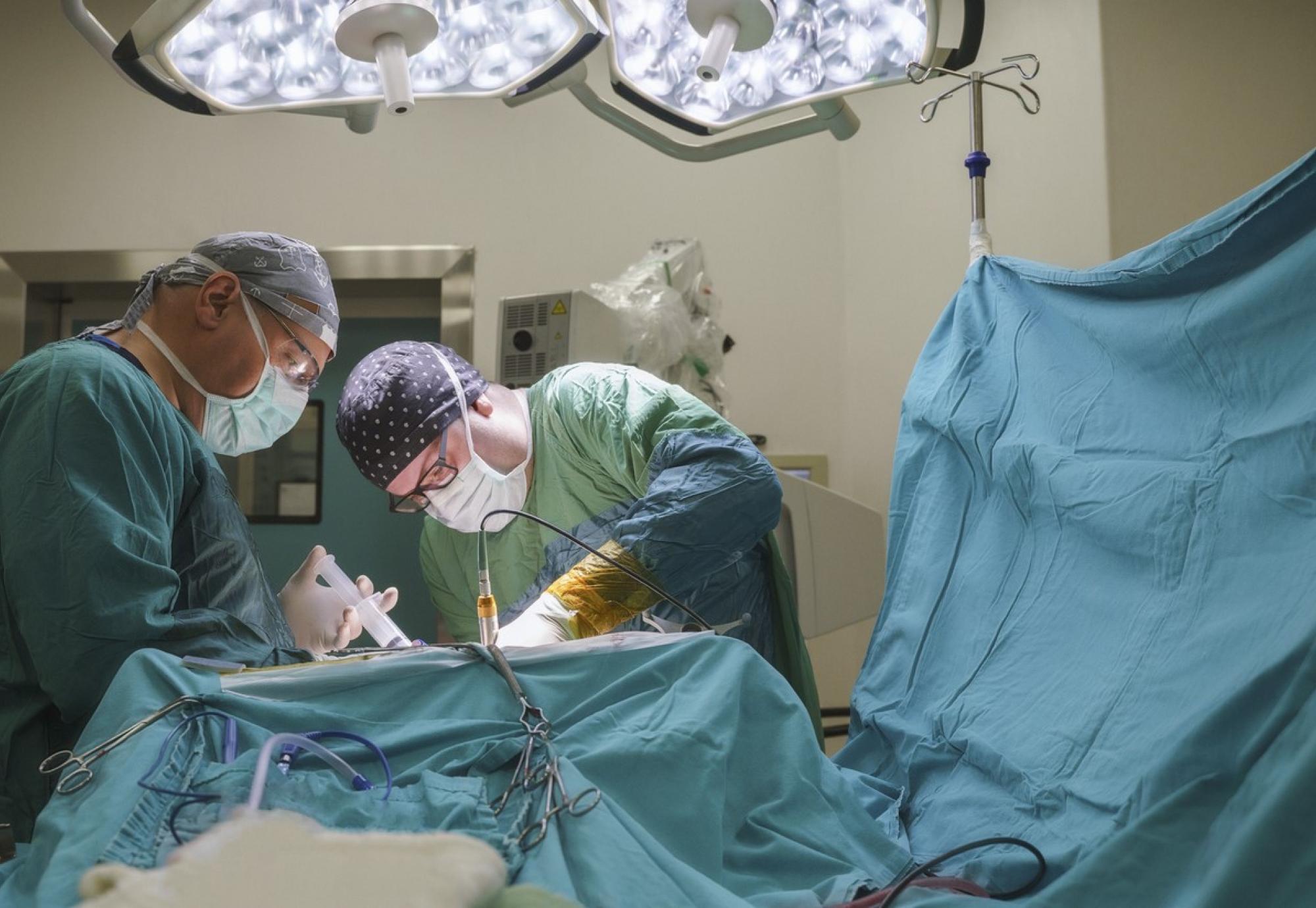The NHS is set to deliver more streamlined healthcare and save money thanks to new findings from a landmark trial.
Funded by the National Institute for Health and Care Research (NIHR), the RESCUE-ASDH study investigated the two approaches to treating a bleed between the brain and skull, which can lead to a build-up of pressure and requires surgery to rectify, known as an acute subdural haematoma.
The first method, a decompressive craniectomy, involves leaving a piece of the skull out during surgery, which typically leads to the patient needing further reconstruction surgery.
For the second approach, a craniotomy, clinicians will replace the section of the skull after the bleed has been stemmed and the blood cot removed, which removes the need for further procedures to reconstruct the skull.
With an absence of conclusive data establishing which approach was superior, researchers from the University of Cambridge and Cambridge University Hospitals NHS Foundation Trust took a total of 450 patient and randomly assigned them to one of the two approaches.
Professor of Neurosurgery at the University of Cambridge, and the trial’s Chief Investigator, Peter Hutchinson, said: "RESCUE-ASDH is the first multicentre study to address a very common clinical question: which technique is optimal for removing an acute subdural haematoma – a craniotomy or a decompressive craniectomy?
“This was a large trial and the results convincingly show that there is no statistical difference in the 12 month disability-related and quality of life outcomes between the two techniques.”
The researchers found that:
Consultant Neurosurgeon at the University of Cambridge, and Co-chief Investigator of the study, Professor Angelos Kolias, stated: "Based on the trial findings, we recommend that after removing the blood clot, if the bone flap can be replaced without compression of the brain, surgeons should do so, rather than performing a pre-emptive decompressive craniectomy.
“This approach will save patients from having to undergo a skull reconstruction, which carries the risk of complications and additional healthcare costs, further down the line.”
Director of NIHR’s Health Technology Assessment Programme, which funded the study, Professor Andrew Farmer, added: “The findings of this world-leading trial provide important evidence which will improve the way patients with head injuries are treated.
“High quality, independently funded research like this is vital in providing evidence to improve health and social care practice and treatments. Research is crucial in informing those who plan and provide care.”



















